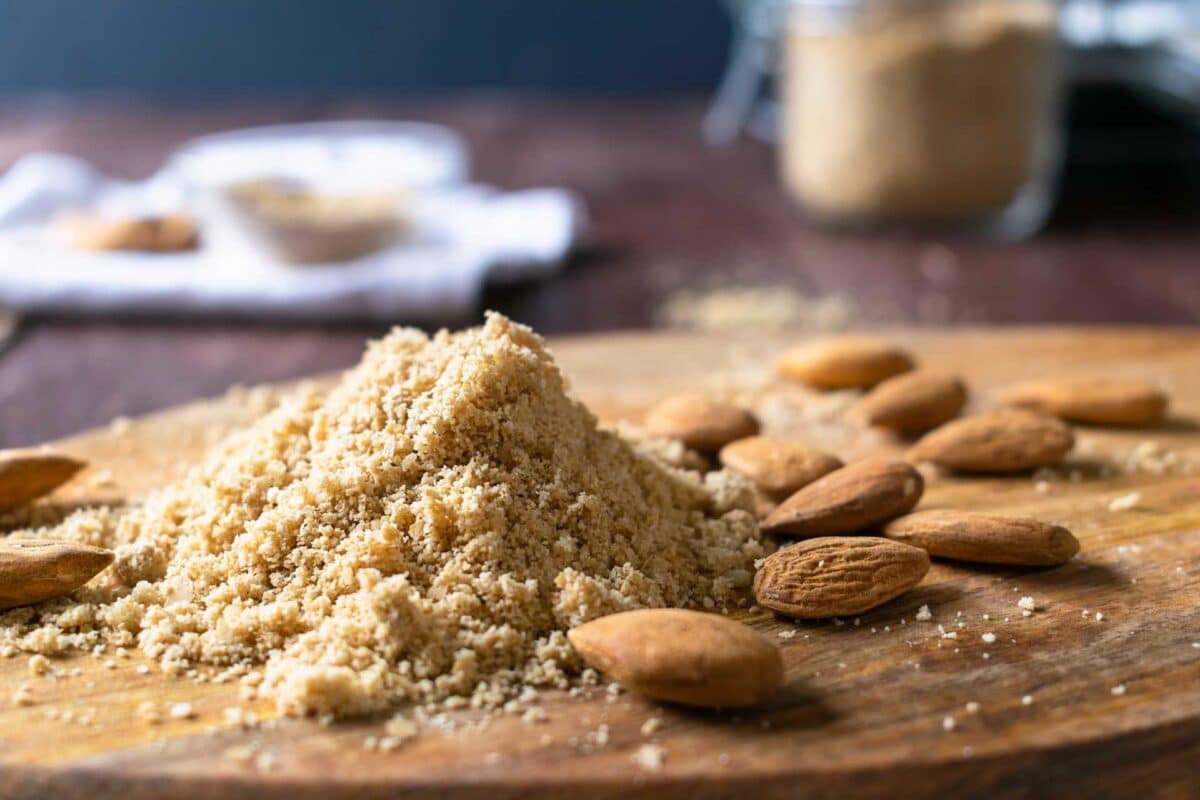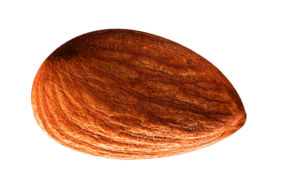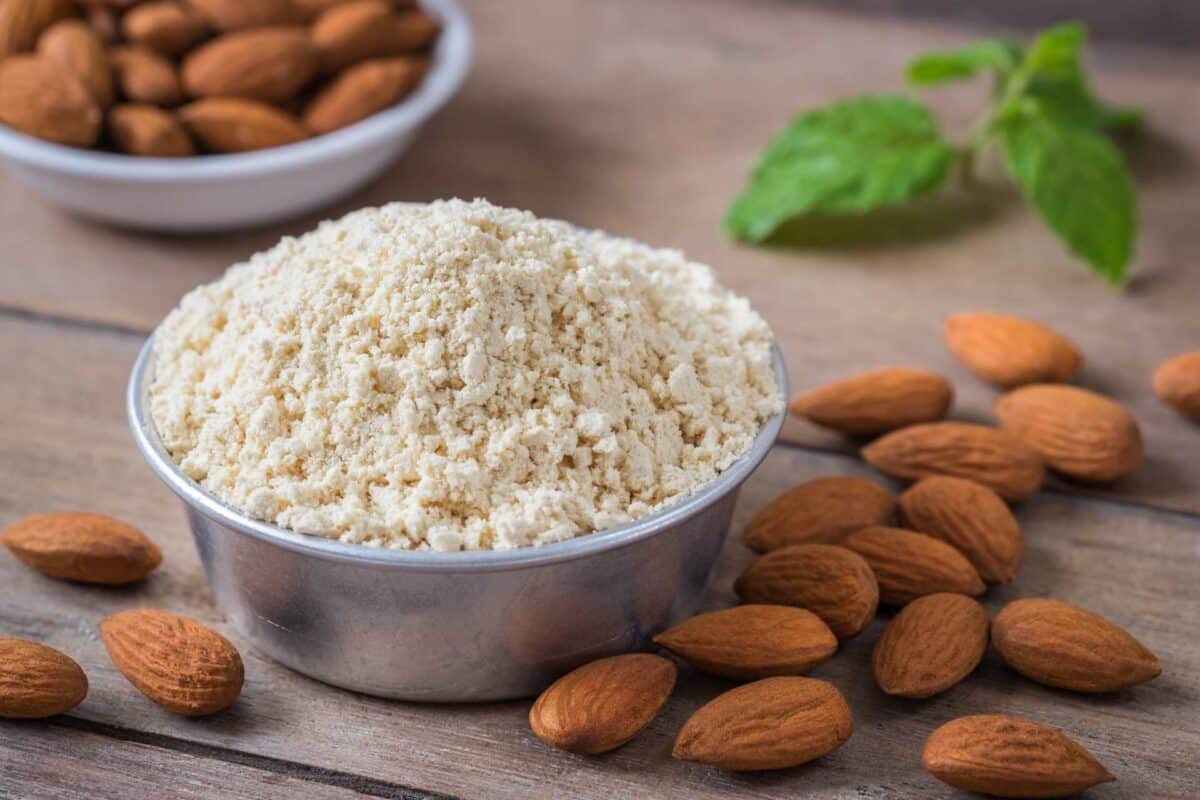
Simply put, almond powder and almond meal are not the same. While both are made from almonds, their differences lie in texture, production process, and specific uses in food products. Let’s dive deeper into what sets them apart.













Almonds have long been valued in food production and nutrition for their versatility, nutritional benefits, and unique flavor.

Simply put, almond powder and almond meal are not the same. While both are made from almonds, their differences lie in texture, production process, and specific uses in food products. Let’s dive deeper into what sets them apart.
Almonds have long been valued in food production and nutrition for their versatility, nutritional benefits, and unique flavor. Understanding the differences between almond powder and almond meal can be essential for product development and formulation in the food industry. Both products are derived from almonds but are used differently in various culinary applications due to their distinct textures and properties.
Simply put, almond powder and almond meal are not the same. While both are made from almonds, their differences lie in texture, production process, and specific uses in food products. Let’s dive deeper into what sets them apart.
Almond powder is made by grinding or pressing almonds into a powder. Unlike almond flour, almond powder goes through a hydraulic press system that removes excess oil, resulting in a higher protein content—often referred to as defatted almond protein. This makes almond powder an excellent source of plant-based protein. Its texture is more finely ground than almond flour and falls somewhere between the delicate smoothness of almond flour and the coarser consistency of almond meal.
Almond powder’s high protein count makes it a popular choice in both culinary and non-culinary applications, particularly for health-conscious consumers. It is commonly used in baking, smoothies, and protein formulations, offering a rich source of nutrition. Beyond food, almond powder’s versatility extends into supplements, where its protein content and fine texture make it a key ingredient for various dietary needs.
Almond meal has a coarser texture compared to almond powder. It is made by grinding whole almonds, and it can be produced with or without the skins. Blanched almond meal is made from almonds without the skins, giving it a lighter appearance, while unblanched almond meal includes the skins, which contributes to its darker color and higher fiber content.
Common applications for almond meal include baking goods like muffins, breads, and cookies, where a denser, heartier texture is desired. It is also popular as a crunchy coating for meats and vegetables, providing a nutty flavor and a satisfying crunch. Whether blanched or unblanched, almond meal offers versatility in both texture and nutritional content, depending on the recipe’s needs.
| Characteristic | Almond Powder | Almond Meal |
| Texture | Finer, versatile texture between almond flour and almond meal | Coarser, rustic, grainy consistency |
| Production Process | Made by grinding or pressing almonds into a powder; texture adjustable | Made by grinding whole almonds, with or without skins |
| Culinary Applications | Adds a rich, nutty flavor and texture to baked goods, smoothies, and sauces; can replace almond extract for a natural almond taste | Used in baking (muffins, breads, cookies) for a denser texture; used as a crunchy coating for meats and vegetables |
| Non-Culinary Applications | health supplements | Rarely used in non-culinary applications |
| Nutritional Value | Nutritious, but less fiber compared to almond meal | Higher fiber content due to inclusion of almond skins |
While both originate from almonds, almond powder and almond meal can sometimes be used interchangeably, but they will produce different results in the final recipe. Almond powder has a finer texture and higher protein content, making it ideal for smooth formulations like protein shakes, sauces, or health supplements.
On the other hand, almond meal, with its coarser texture, is better suited for recipes where a denser structure or added crunch is desired, such as in baked goods or as a coating for meats. Depending on the texture or consistency you’re aiming for, either ingredient can be used to achieve different effects.
When deciding between almond powder and almond meal, consider the specific needs of your product formulation. Here are some key factors to guide your choice:
Harris Woolf Almonds is a leading supplier of premium almonds, known for their exceptional quality and consistency. We offer a variety of almond products, including almond meal and almond protein powder, which are perfect for enhancing the texture, flavor, and nutritional profile of your recipes. Our almonds are ideal for creating these products, giving you the flexibility to produce high-quality ingredients tailored to your specific needs.
Harris Woolf Almonds offers unparalleled customization. Whether you need finely ground almonds for smooth, protein-packed beverages or almond meal made from natural or blanched almonds, we can tailor our products to your exact specifications using organic or conventional methods.
Reach out today to learn more about our premium almond products and how we can customize them to your needs.